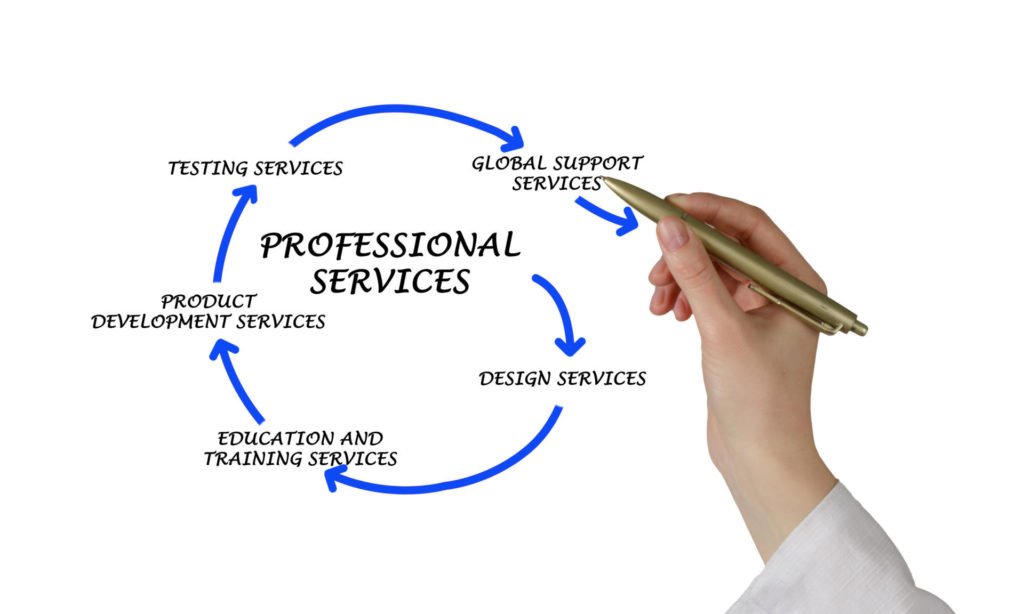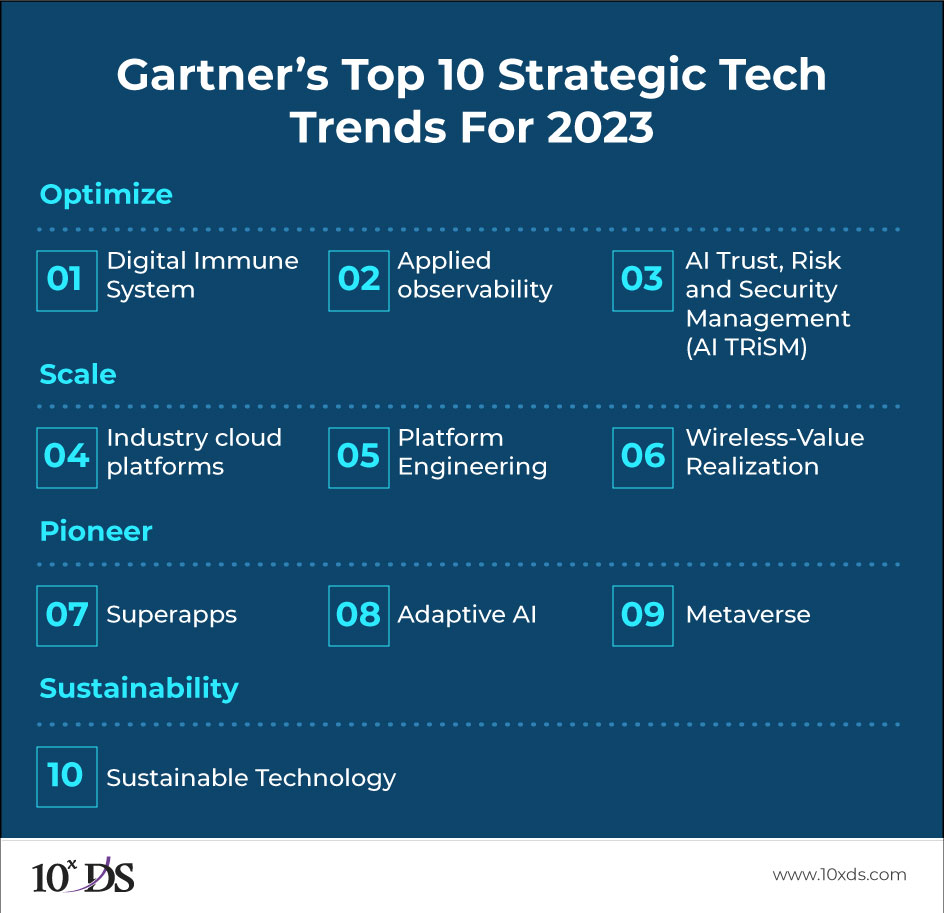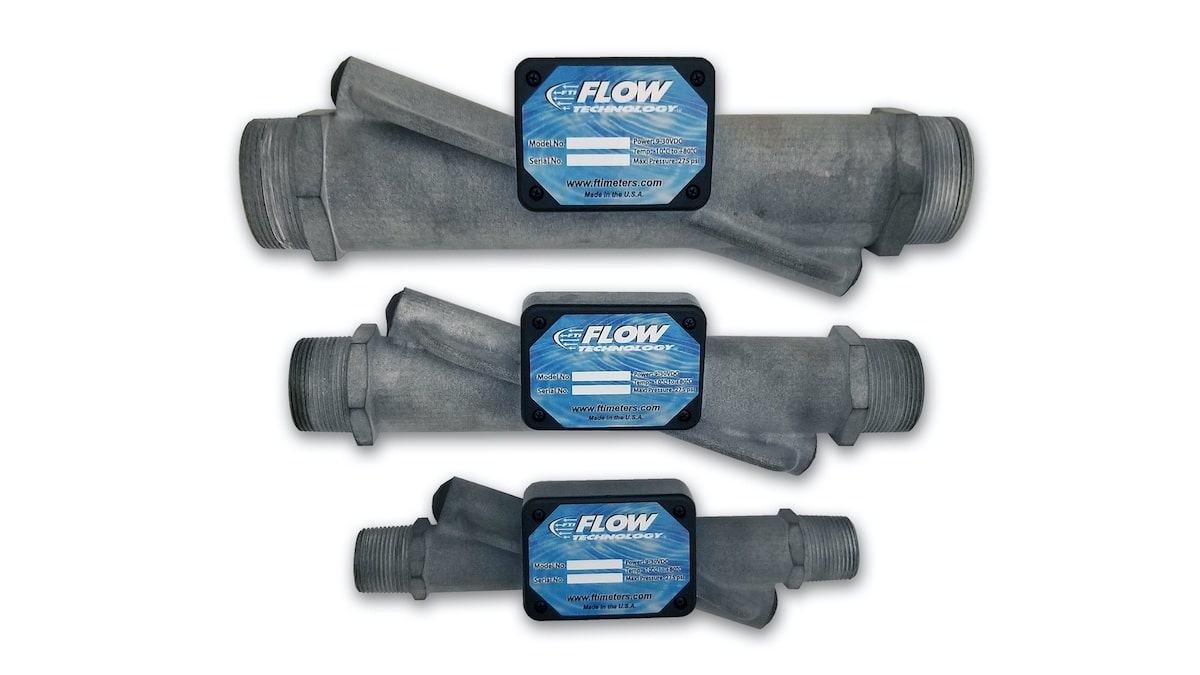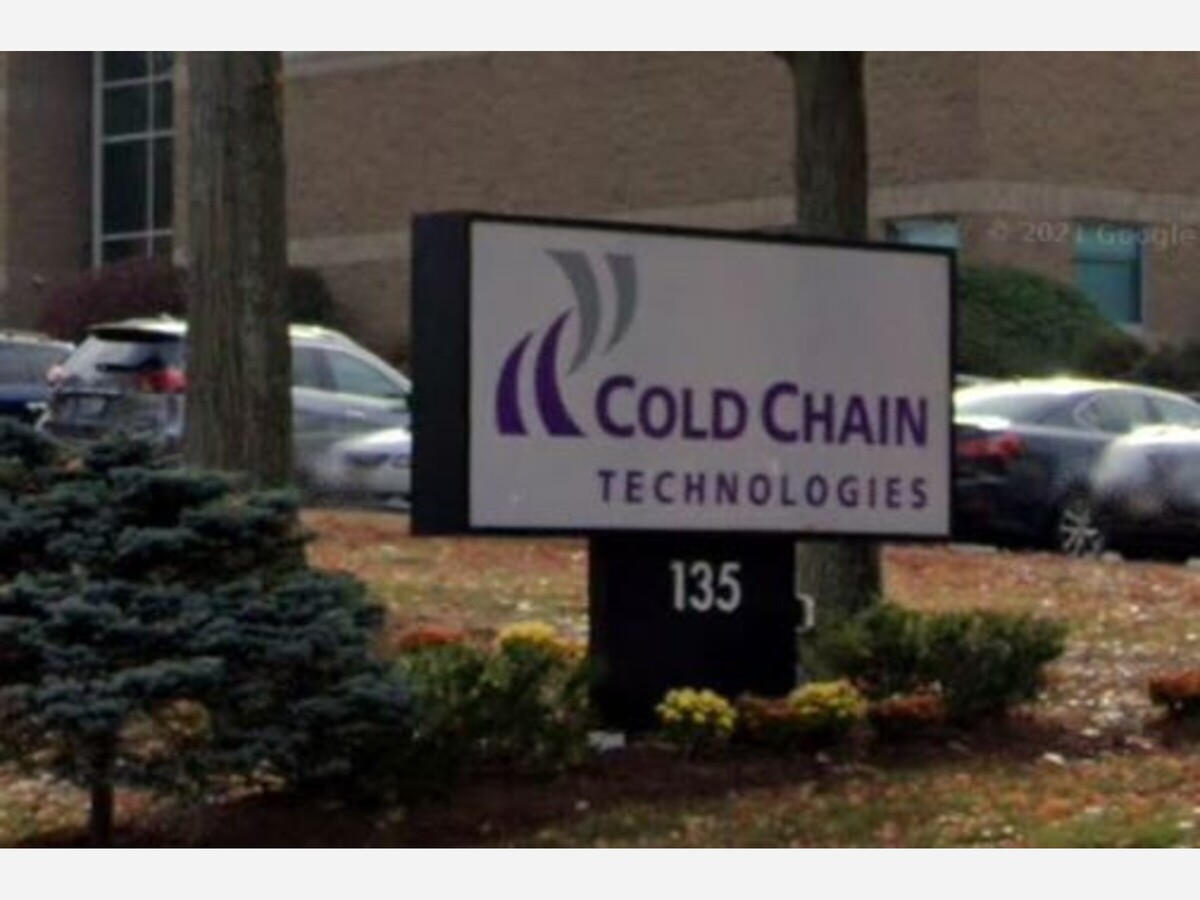Compliance Technology: Shaping Modern Business Operations
Compliance technology is revolutionizing how businesses operate, ensuring adherence to regulations and fostering trust with stakeholders. From data management and analytics to AI-powered automation, these solutions are transforming compliance processes, […]
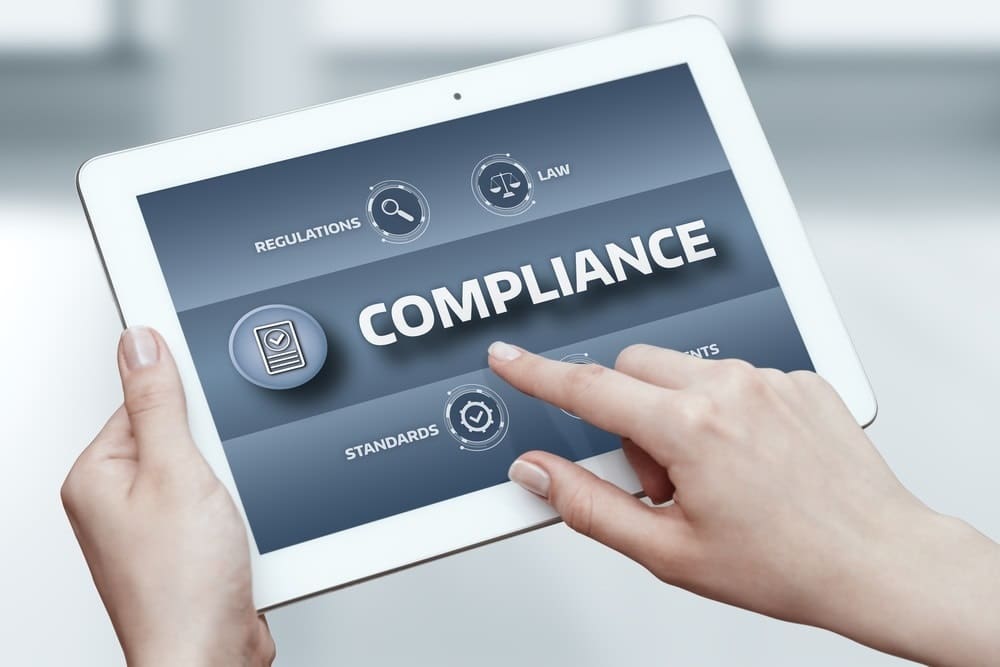
Compliance technology is revolutionizing how businesses operate, ensuring adherence to regulations and fostering trust with stakeholders. From data management and analytics to AI-powered automation, these solutions are transforming compliance processes, making them more efficient and effective.
The evolution of compliance technology has been driven by a need for greater transparency, accountability, and risk mitigation. As regulations become more complex and businesses operate in a globalized landscape, the demand for robust compliance solutions has skyrocketed.
Applications of Compliance Technology Across Industries
Compliance technology, often referred to as “CompTech,” has become an indispensable tool for organizations across various sectors, helping them navigate the complex and ever-evolving regulatory landscape. This technology helps organizations streamline compliance processes, reduce risks, and enhance operational efficiency.
Compliance Technology Applications Across Industries
Compliance technology has a wide range of applications across various industries, with each sector facing unique compliance challenges. Here is a table showcasing different industries and their specific compliance technology needs:
| Industry | Compliance Technology Needs |
|---|---|
| Financial Services | Anti-Money Laundering (AML), Know Your Customer (KYC), Data Privacy, Regulatory Reporting, Trade Surveillance |
| Healthcare | HIPAA Compliance, Patient Privacy, Data Security, Drug Safety, Medical Device Reporting |
| Manufacturing | Product Safety, Environmental Compliance, Supply Chain Transparency, Labor Standards |
| Retail | Data Privacy, Consumer Protection, Advertising Compliance, Payment Security |
| Technology | Data Privacy, Cybersecurity, Intellectual Property Protection, Export Controls |
Compliance Technology in Financial Services
Financial institutions are subject to a vast array of regulations, including anti-money laundering (AML), know your customer (KYC), and data privacy laws. Compliance technology plays a crucial role in helping financial institutions meet these requirements.
- AML/KYC Compliance: Compliance technology solutions can automate customer due diligence (CDD) processes, screen transactions for suspicious activity, and monitor customer behavior for potential money laundering or terrorist financing.
- Data Privacy: Financial institutions use compliance technology to manage data privacy regulations such as the General Data Protection Regulation (GDPR) and the California Consumer Privacy Act (CCPA). This includes tools for data mapping, consent management, and data breach notification.
- Regulatory Reporting: Compliance technology can help financial institutions streamline regulatory reporting processes, such as filing suspicious activity reports (SARs) and meeting capital adequacy requirements.
Compliance Technology in Healthcare
The healthcare industry is heavily regulated, with laws like HIPAA protecting patient privacy and data security. Compliance technology is essential for healthcare providers to manage these regulations.
- HIPAA Compliance: Compliance technology can help healthcare providers implement robust data security measures, monitor access to protected health information (PHI), and manage patient consent.
- Patient Privacy: Compliance technology solutions can automate the process of de-identifying patient data, ensuring that sensitive information is protected.
- Drug Safety: Pharmaceutical companies use compliance technology to track adverse drug events, manage clinical trials, and ensure compliance with drug safety regulations.
Challenges and Opportunities in Compliance Technology
While compliance technology offers numerous benefits, it also presents unique challenges and opportunities.
- Data Management: Compliance technology requires the collection and analysis of large amounts of data, which can be challenging to manage effectively.
- Integration: Integrating compliance technology with existing systems can be complex and time-consuming.
- Cost: Implementing and maintaining compliance technology can be expensive, particularly for smaller organizations.
- Artificial Intelligence (AI): AI-powered compliance technology can automate tasks, improve accuracy, and identify potential risks. However, it’s crucial to ensure that AI systems are ethical, unbiased, and transparent.
Benefits and Challenges of Implementing Compliance Technology
Implementing compliance technology can be a significant step towards streamlining processes and ensuring adherence to regulations. However, it’s essential to understand the benefits and challenges involved before making a decision.
Benefits of Compliance Technology
The benefits of compliance technology can be substantial, including:
- Reduced Risk of Non-Compliance: Automated systems can help organizations identify potential risks and ensure adherence to regulations, minimizing the risk of penalties and reputational damage.
- Improved Efficiency and Productivity: Automation can streamline processes, freeing up employees to focus on higher-value tasks and improving overall efficiency.
- Enhanced Data Security and Privacy: Compliance technology can help organizations protect sensitive data and ensure compliance with privacy regulations like GDPR and CCPA.
- Improved Transparency and Accountability: Automated systems can provide real-time insights into compliance status, enhancing transparency and accountability within the organization.
- Cost Savings: By automating processes and reducing the risk of non-compliance, compliance technology can lead to significant cost savings in the long run.
Challenges of Compliance Technology
While the benefits are numerous, implementing compliance technology also presents challenges:
- High Initial Investment: Implementing compliance technology can require a significant upfront investment in software, hardware, and training.
- Integration Challenges: Integrating compliance technology with existing systems can be complex and time-consuming.
- Data Management and Security: Ensuring the security and integrity of data stored and processed by compliance technology is crucial.
- Employee Training and Adoption: Employees need to be properly trained on how to use the technology and adopt new processes.
- Ongoing Maintenance and Updates: Compliance technology requires ongoing maintenance and updates to keep pace with evolving regulations and technological advancements.
Examples of Successful Compliance Technology Implementations
Several organizations have successfully implemented compliance technology, leading to positive outcomes:
- Financial Institutions: Banks and other financial institutions use compliance technology to monitor transactions for suspicious activity, prevent money laundering, and comply with KYC/AML regulations.
- Healthcare Providers: Hospitals and healthcare providers utilize compliance technology to manage patient data, ensure HIPAA compliance, and streamline billing processes.
- Manufacturing Companies: Manufacturing companies use compliance technology to track product safety, manage environmental regulations, and ensure compliance with industry standards.
Risks Associated with Relying Solely on Technology for Compliance
While compliance technology can be a powerful tool, relying solely on it can pose risks:
- False Positives and Negatives: Automated systems can sometimes generate false positives or negatives, leading to unnecessary investigations or missed violations.
- Over-reliance on Technology: Over-reliance on technology can lead to a decline in human judgment and critical thinking, potentially compromising compliance efforts.
- Lack of Flexibility: Automated systems may not be able to adapt to unique situations or evolving regulations as effectively as human judgment.
- Data Breaches and Security Risks: Compliance technology can be vulnerable to data breaches and cyberattacks, potentially compromising sensitive information.
Future Trends in Compliance Technology
The landscape of compliance technology is continuously evolving, driven by advancements in artificial intelligence, data analytics, and regulatory changes. Emerging trends are shaping the future of compliance, offering both opportunities and challenges for businesses.
Regulatory Technology (RegTech)
RegTech refers to the use of technology to automate and streamline compliance processes. It encompasses a wide range of solutions, including software for Know Your Customer (KYC) verification, anti-money laundering (AML) monitoring, and regulatory reporting. RegTech solutions aim to reduce compliance costs, improve efficiency, and enhance accuracy.
- Automated KYC/AML Checks: RegTech solutions can automate KYC and AML checks, using advanced algorithms to analyze data and identify potential risks. This reduces manual effort and improves the speed and accuracy of compliance processes.
- Real-Time Monitoring: RegTech platforms enable real-time monitoring of transactions and activities, allowing businesses to identify and address potential compliance issues proactively.
- Regulatory Reporting: RegTech solutions can automate the generation of regulatory reports, reducing the risk of errors and improving efficiency.
Blockchain and Distributed Ledger Technology
Blockchain technology, with its decentralized and transparent nature, has the potential to revolutionize compliance processes. Distributed ledger technology (DLT) can enhance data security, traceability, and auditability, making it ideal for compliance-related applications.
- Immutable Records: Blockchain technology creates an immutable record of transactions, making it difficult to alter or tamper with data. This can improve transparency and accountability in compliance processes.
- Smart Contracts: Smart contracts, which are self-executing agreements stored on the blockchain, can automate compliance processes, reducing the risk of human error.
- Data Sharing: Blockchain can facilitate secure and transparent data sharing between different parties, enabling efficient collaboration and information exchange for compliance purposes.
Artificial Intelligence (AI) in Compliance
AI is transforming compliance technology by automating tasks, improving risk assessment, and providing insights into potential compliance issues. AI-powered solutions can analyze vast amounts of data, identify patterns, and make predictions, helping businesses stay ahead of compliance risks.
- Fraud Detection: AI algorithms can analyze transaction data and identify patterns indicative of fraudulent activity, improving fraud detection rates.
- Risk Assessment: AI can be used to assess compliance risks by analyzing various factors, including customer data, regulatory changes, and market trends.
- Compliance Monitoring: AI-powered systems can monitor compliance activities, identify potential issues, and provide alerts to compliance teams.
Final Review

As compliance technology continues to evolve, businesses can expect to see even greater innovation and sophistication in the years to come. The future of compliance is one where technology plays a pivotal role in shaping business practices and ensuring responsible operations in a dynamic and ever-changing world.
Compliance technology is essential for businesses to navigate the ever-changing regulatory landscape. These systems often require skilled professionals to design and implement them, which is where technology designers play a crucial role. Their expertise ensures that compliance solutions are not only effective but also user-friendly and seamlessly integrated into existing workflows.
